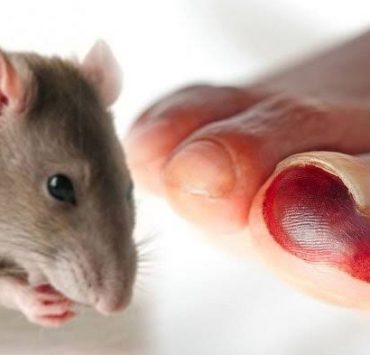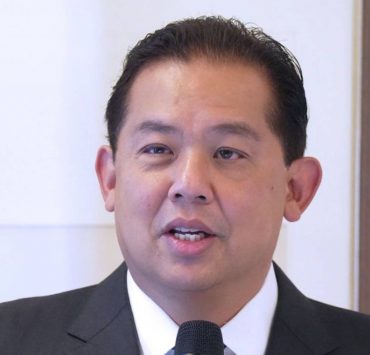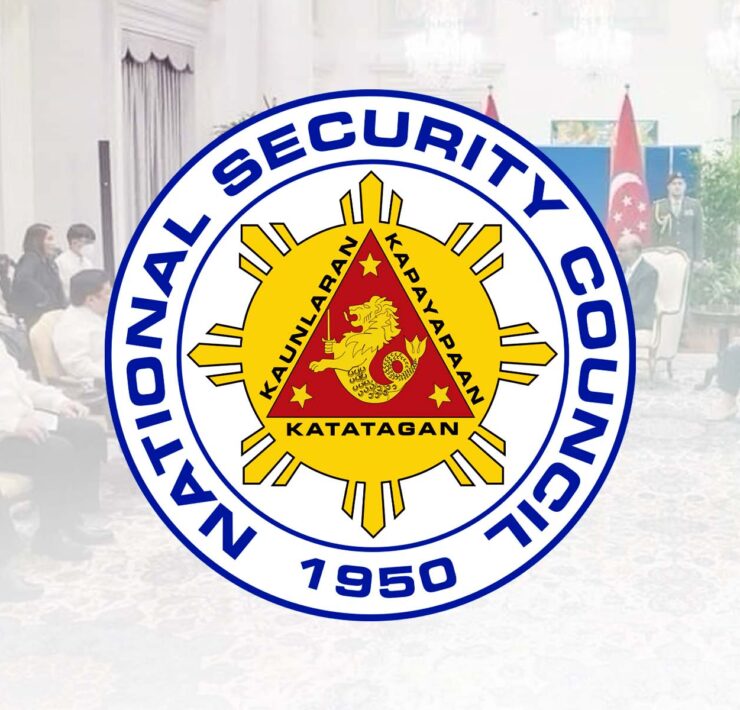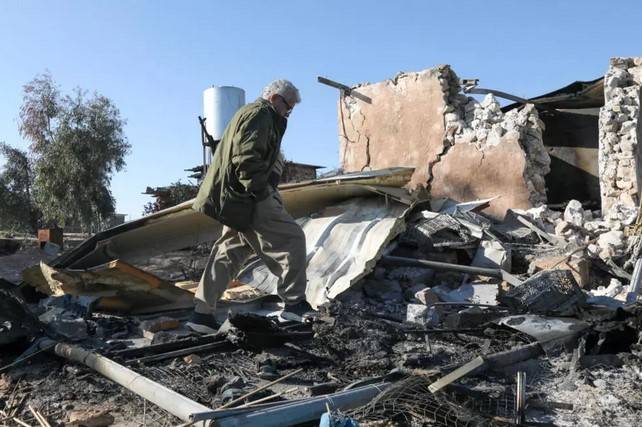DOH eyes ‘mukbang’ ban after food vlogger’s death

The Department of Health (DOH) is considering banning “mukbang” vlogs after a 37-year-old food content creator died due to a stroke.
“It’s a bad practice because people make content by overeating, and overeating is not healthy. It will lead to obesity,” Health Secretary Teodoro Herbosa said. “And obesity will lead to hypertension, heart conditions, noncommunicable diseases, and even heart attacks.”

Vlogger Dongz Apatan
(Screengrab from Dongz Apatan Vlogs / FACEBOOK)
Herbosa issued the warning after the death of mukbang vlogger Dongz Apatan (real name, Manoy Apatan) on June 14. The day before, he posted video reels of himself cooking and then eating several pieces of fried chicken and white rice.
The Iligan City vlogger, who has a following of 460,000, suffered a heart attack and lapsed into a coma before succumbing to a hemorrhagic stroke.
“We have to study first why this person died, and find out if we, the [DOH]—which is a regulator for health activities—can ban such activities [because] they are unhealthy,” Herbosa said.
Mukbang, a portmanteau of Korean words “meokda” (eat) and “bangsong” (broadcast), involves videos, usually live-streamed, of a person eating large piles of food while talking to an audience.
Unhealthy behavior
Should the DOH investigation determine that mukbang contributed to Apatan’s death, it would push for such a ban on local websites and social media platforms.
“[That’s because] you are promoting unhealthy behavior to the Filipinos. So I can ban it locally. I can propose… banning mukbang locally,” Herbosa said.
“I can even ask the DICT (Department of Information and Communications Technology) to stop those sites [from showing and broadcasting mukbang] because it is basically food pornography. They are making people eat like gluttons,” he added.
Online influencers can still monetize their content “as long as it does not produce health risks,” Herbosa stressed. “If you’re earning income from something that is a public health threat, [then] I have to stop you.”
He said that for now, he would issue a public health warning and possibly an administrative order to prohibit overeating.





















